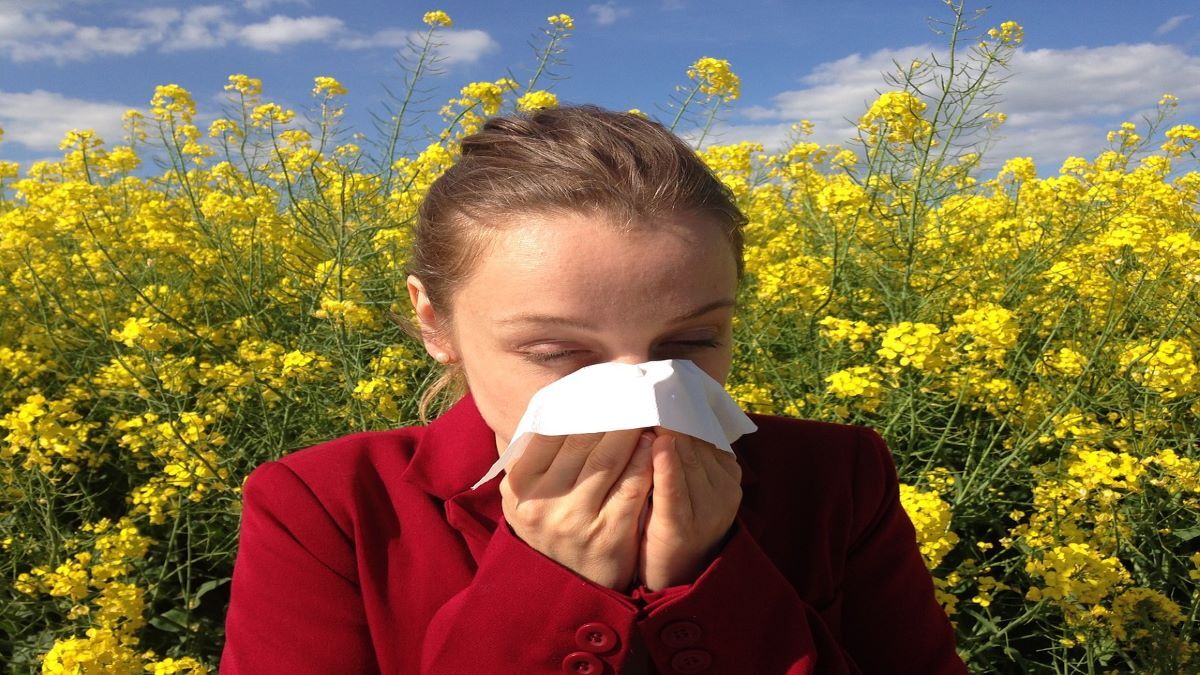Over 50 million Americans have seasonal allergies each year. | Pixabay
Over 50 million Americans have seasonal allergies each year. | Pixabay
A seasonal condition that targets people’s immune system is affecting over 50 million Americans each year.
Allergies are the sixth foremost common "cause of chronic illness in the U.S.,” the American College of Allergy, Asthma & Immunology said on its website.
“Allergies occur when your immune system reacts to a foreign substance — such as pollen, bee venom or pet dander,” the Mayo Clinic’s website said. “Your immune system produces substances known as antibodies. When you have allergies, your immune system makes antibodies that identify a particular allergen as harmful, even though it isn't.”
An immune system’s reaction to an allergen can cause inflammation of the sinuses, airways, skin or digestive system, the Mayo Clinic’s website said.
The Indianapolis Sinus Center, an ear, nose and throat facility, has physicians who treat patients who have allergies, the center’s website said.
“Our philosophy is to provide the very best state-of-the-art care for chronic nasal and sinus problems utilizing the latest minimally invasive technologies to allow for physiologic treatment and maintaining normal nasal function as well as reduced pain and shorter recovery times,” Dr. Anthony D. Sanders, a physician at Indianapolis Sinus Center, said in comments for the NC Indiana News. “Typically people can be back to work within a few days after procedure.”
Some people have perennial allergic rhinitis, also known as hay fever, year-round, the American College of Allergy, Asthma & Immunology said on its website.
In light of COVID-19, a contagious respiratory illness, the Centers for Disease Control and Prevention offered ways people can distinguish between symptoms of coronavirus and seasonal allergies on its website.
“Seasonal allergies do not usually cause shortness of breath or difficulty breathing, unless a person has a respiratory condition such as asthma that can be triggered by exposure to pollen,” the CDC website said.
Symptoms of seasonal allergies are itchy or watery eyes and sneezing, the CDC’s website said. Coronavirus symptoms are fever and chills; muscle and body aches; new loss of taste or smell; nausea or vomiting and diarrhea. Symptoms of both seasonal allergies and coronavirus are cough, shortness of breath or difficulty breathing, fatigue, headache, sore throat and congestion or runny nose.






 Alerts Sign-up
Alerts Sign-up